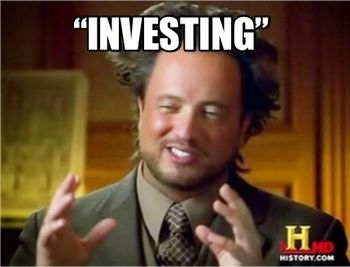!! Comment your favorite one !!
1) The Intelligent Investor
● Difference between speculator and investor: Investors invest on the basis of the real value of the stock with proper research whereas speculators would just gamble with a ho hope that the price would go up.
● Margin of safety: You don’t want to use a lift with 6 people weighing 480 kg in total when the lift capacity is 480 kg. Likewise, you find stocks and invest when it is available at lolower price.
● Handle volatility by rupee cost averaging and rebalancing portfolio between equity and debt: 25%- 75% ratio.
● Identify if you are an active or Passive Investor: An active investor need to spend a lot of time and energy on research. Passive investor d do not need to spend time and energy and can simply invest in Index funds.
2) Millionaire Next Door
● Millionaires don’t live high life. They budget wisely and are careful with their money so they can maintain their affluence.
● People who are financially independent believe that frugal living is more important than being flashy and having social status.
● Many millionaires give their money to their children, even
though it can hurt them.
3) One up on wall street
● Pay attention to the companies you use regularly. For example, if you like Dominos Pizza, analyze the financial of the company. Just by paying attention to the companies we use every day we can discover good investment
opportunities.
● The investor does not have to choose well-known companies to please his boss. You should search for companies that perform well, even if they are not popular.
● Peter Lynch advocates buying companies whose P/E is lower than their expected earnings growth. As a result, its PEGY ratio is less than 1.
● Common mistakes: “If it’s already so down, it won’t go any lower.” “If the stock is this high, then it won’t go any higher.” “It’s just Rs 3 per share, how much can I lose?” “It’s been so long, but nothing has happened”.
4) A random walk down the wall street
● Lesson from historical financial bubbles: All of these periods of irrational exuberance share similar characteristics. There are new technologies, business opportunities, or unique valuation criteria that lead to positive feedback loops that drive stock prices through the roof. Then there’s a 50-90% crash.
● Invest in index fund.
5) Rich Dad Poor Dad
● The poor and the middle-class work for money. The rich have money to work for them.
● Understand the difference between an asset and a liability:
● Work to Learn – Don’t Work for Money
● Five biggest obstacles people face on the path to becoming financially independent:
○ Fear
○ Cynicism
○ Laziness
○ Bad habits
○ Arrogance
